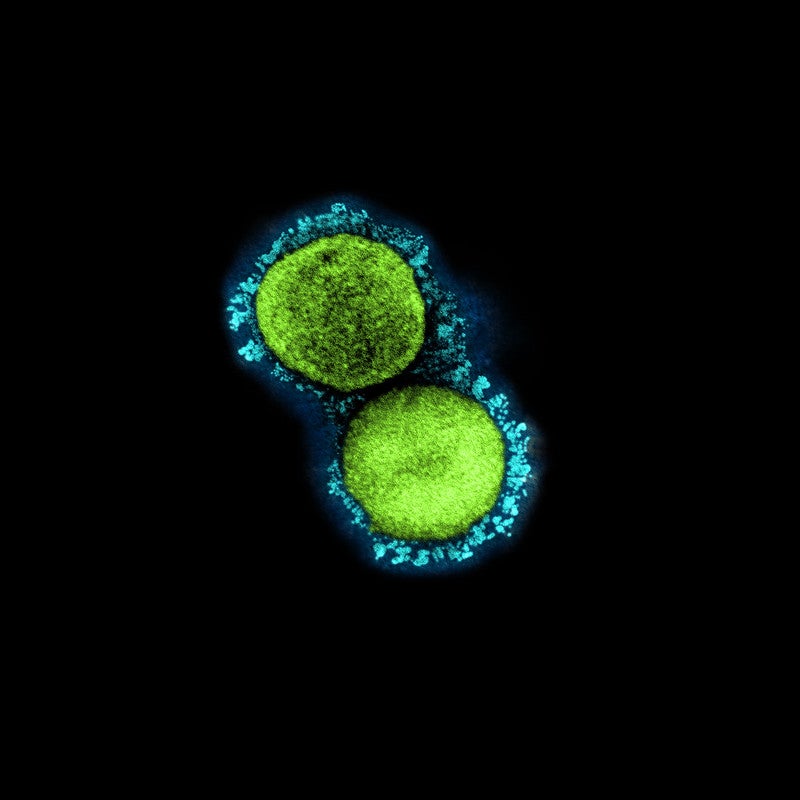
DiaCarta has reported that its Xenonucleic acid molecular oligomers (XNA) based Molecular Clamping Technology showed superior sensitivity and specificity in precise amplification of SARS-CoV-2 mutant sequences only, by using quantitative real-time polymerase chain reactions (qPCR), in a study.
This technology uses novel synthetic XNA, which hybridise with target wild-type DNA sequences and work as molecular clamps.

Discover B2B Marketing That Performs
Combine business intelligence and editorial excellence to reach engaged professionals across 36 leading media platforms.
Approximately 278 Covid-19-positive samples originating from the San Francisco Bay Area in the US were analysed in the study.
Data showed that the SARS-CoV-2 Spike-gene D614G mutation was identified in 58 of the 139 samples collected in January (41.7%) and 78 of the 139 samples obtained in February (56.1%).
Furthermore, the N501Y mutation was not identified in the samples from January, while seven of the February samples had both the N501Y and D614G mutations.
DiaCarta noted that these results indicate a comparatively new and rampant spread of the UK variant (B.1.1.7) in Northern California.

US Tariffs are shifting - will you react or anticipate?
Don’t let policy changes catch you off guard. Stay proactive with real-time data and expert analysis.
By GlobalDataThis new molecular clamping technology is highly sensitive and specific and can accelerate large scale testing for variants to fight this global pandemic.
DiaCarta R&D senior vice-president and chief technology officer Michael Sha said: “Next-generation sequencing (NGS) has been the standard method of detection for SARS-CoV-2 variants.
“However, the NGS-based assays are expensive, time-consuming and not widely available, thereby limiting their utility in large scale surveillance for SARS-CoV-2 variants.
“This study demonstrates that DiaCarta’s XNA technology can do both – accurately detect known and emerging SARS-CoV-2 mutations and provide a rapid, cost-effective solution for SARS-CoV-2 variant surveillance.”
The company intends to seek an emergency use authorisation (EUA) from the US Food and Drug Administration (FDA) for this rapid SARS-CoV-2 variant detection test.
DiaCarta’s portfolio has FDA EUA approved QuantiVirus SARS-CoV-2 tests and a variety of other testing services, including single-gene QClamp qPCR tests and OptiSeq XNA-NGS panels.





